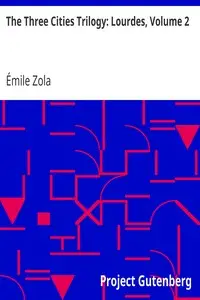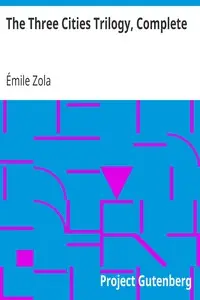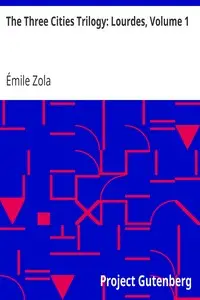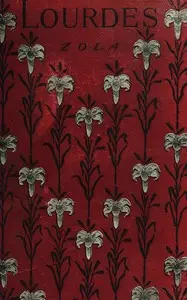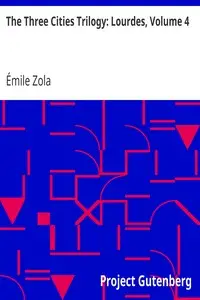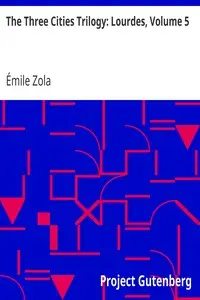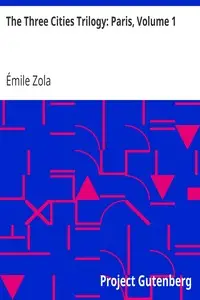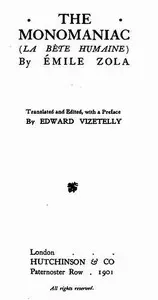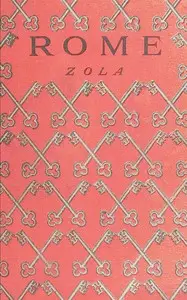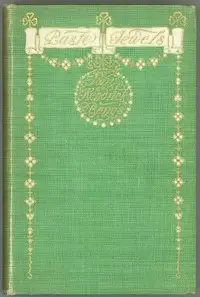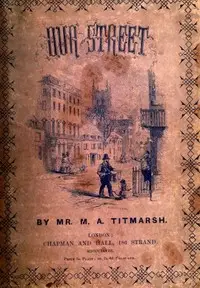"The Three Cities Trilogy: Lourdes, Volume 3" by Émile Zola is a captivating tale set in the late 1800s, exploring faith and society through the experiences of pilgrims at Lourdes. We meet M. de Guersaint, a man with a joyful spirit and a young priest named Pierre. As they interact with visitors like the ailing Gustave Vigneron and his father, the hotel bursts into a tapestry of hope and despair. The narrative highlights the contrasts in their lives, with some eagerly seeking hope and others facing deep sorrow as they approach the famed Grotto, setting the scene for a deep look at faith, healing, and a sharp critique of society.
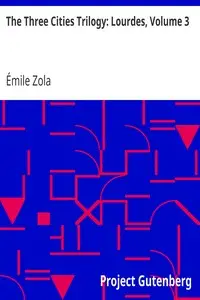
The Three Cities Trilogy: Lourdes, Volume 3
By Émile Zola
Amidst a mass of hopefuls and the desperately ill, a vibrant father and a young priest journey into a world of perceived miracles, unveiling the complexities of belief and humanity.
Summary
About the AuthorÉmile Édouard Charles Antoine Zola was a French novelist, journalist, playwright, the best-known practitioner of the literary school of naturalism, and an important contributor to the development of theatrical naturalism. He was a major figure in the political liberalization of France and in the exoneration of the falsely accused and convicted army officer Alfred Dreyfus, which is encapsulated in his renowned newspaper opinion headlined J'Accuse…! Zola was nominated for the first and second Nobel prizes in literature in 1901 and 1902.
Émile Édouard Charles Antoine Zola was a French novelist, journalist, playwright, the best-known practitioner of the literary school of naturalism, and an important contributor to the development of theatrical naturalism. He was a major figure in the political liberalization of France and in the exoneration of the falsely accused and convicted army officer Alfred Dreyfus, which is encapsulated in his renowned newspaper opinion headlined J'Accuse…! Zola was nominated for the first and second Nobel prizes in literature in 1901 and 1902.

